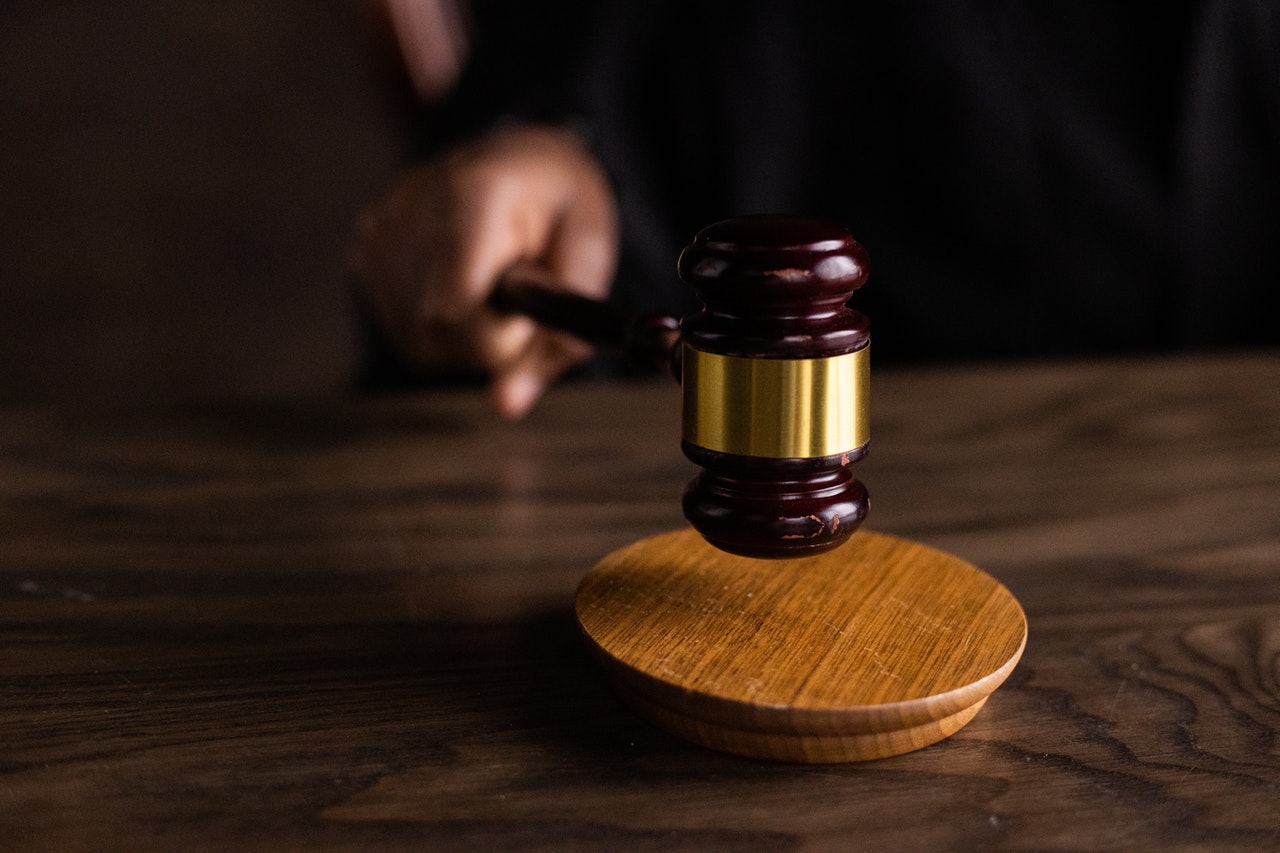At the end of the transition period, only four out of twenty-seven EU member states have accepted UK’s suggestion to use the UNCITRAL Model Law. The law streamlines the legal process and establishes clear-cut rules surrounding the recognition and enforcement of cross-border insolvency laws.
EU members that agreed to this model include Greece, Romania, Poland, and Slovenia.
Here is a closer look at what this entails:
The Basics: What Is the UNCITRAL Model Law?
The United Nations Commission on International Trade Law (UNCITRAL) was introduced by the UN to ‘harmonise and unify’ international trade laws.
The commission designed the Model Law to secure an equal and fair distribution of an insolvent’s offshore assets during cross-border insolvency cases. In these situations, the assets
are dispersed across jurisdictions, making it challenging for local courts to pass a verdict based solely on their judicial system.
The Model Law outlines rules and regulations for the countries in question. These rules include:
- The governing cooperation during insolvency proceedings
- Provision of assistance received by insolvency officeholders from the other country
- Coordination of multiple jurisdictions during parallel insolvency proceedings
EU member states that agree to implement the Model Law during cross-border insolvency post-Brexit can alter or omit legal provisions. This right provides them flexibility, making it easier for them to modify the Model Law according to specific requirements and their country’s unique circumstances.
Compared to EC Regulations, the Model Law can be more versatile and flexible. It’s not mandatory and it does not transfer automatic recognition during UK/EU enforcements for court judgements and orders.
Implications of the Model: Cross-Border Insolvency Post Brexit
The Model Law simplifies the confusion surrounding UK-EU insolvency proceedings that shall take this year. It offers effective and practical mechanisms that accelerate the process. Members of EU states that have agreed to use the UNCITRAL Model can practice it when they find an insolvent with UK assets. When that happens, foreign officeholders can apply an application to the UK court. The appeal includes a request for assistance.
The UK accepts the request after reviewing the request to consider the insolvents primary interests and circumstance.
What Happens Next?
If the UK court recognises foreign insolvency proceedings as the main proceeding, the English common court shall initiate a civil proceeding against the debtor. Foreign officeholders receive legal permission to practice insolvency laws in court. They also have the authority to manage and distribute acquired UK-based assets.
A similar process occurs in EU states that have accepted the UNCITRAL Model Law as a substitute for EC Regulations to resolve cross-border insolvency issues post-Brexit.
The Bottom Line
Overall, the UNCITRAL Model offers clarity and control to foreign officeholders who agree with its enforcement for cross-border insolvency proceedings. The model provides the UK court and its foreign counterpart with a framework to follow and implement during these situations. Without it, recovering outstanding credit by debtors would have been more complicated.
Need some help? Our international solicitors can answer all your questions regarding cross-border insolvency post-Brexit. Contact us today to schedule a free appointment.


